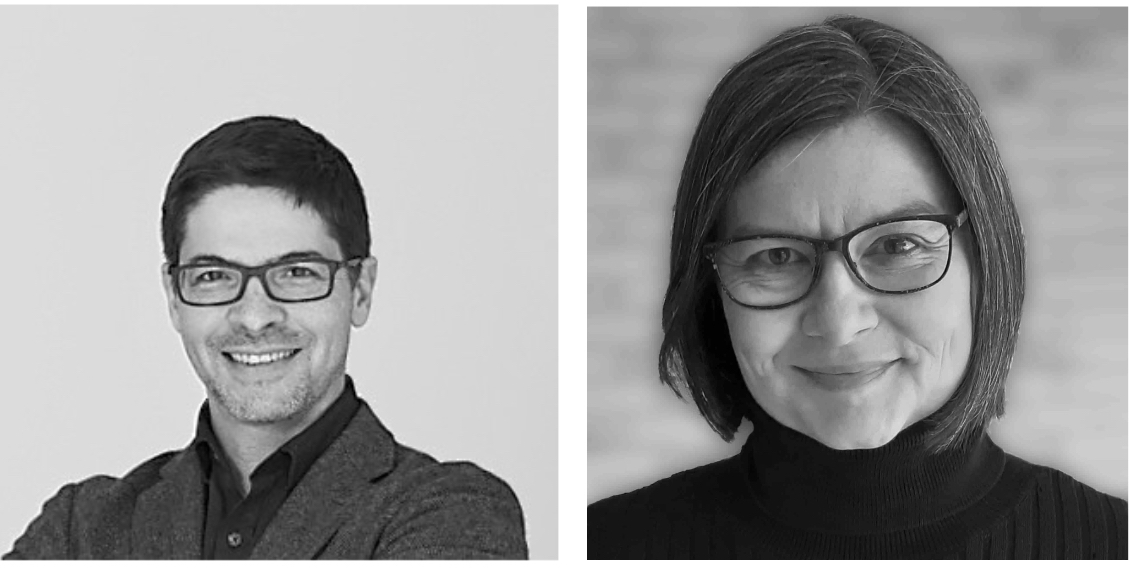
Thursday, 28 April 2022, 6 pm
On the inscription of the body in digital interactions
Lecture by Prof. Dr. Jannis Androutsopoulos &
Prof. Dr. Heike Zinsmeister (University of Hamburg)
Registration via register@kunsthaushamburg.de
Due to the visual sensory overload on Instagram, TikTok, and other social media platforms, interest in purely written language on the web seems to have faded into the background. Nevertheless, in this talk we draw attention to networked, interaction-oriented writing. Language is not only there to anchor digital images in their meaning through titles and hashtags, for example, but speech marks in comments and text messages also bring out the physicality of language. Using examples from private as well as public online contexts, this talk explores how digitally communicating people refer to the rootedness of linguistic communication in the body. Interpretatively, Prof. Dr. Jannis Androutsopoulos and Prof. Dr. Heike Zinsmeister consider as techniques of digital inscription of the speaking body, on the one hand, various graphic and pictorial devices (e.g. capital font, emojis) and, on the other hand, the corresponding levels of corporeality (e.g. speech melody, facial expressions and gestures).
Jannis Androutsopoulos is Professor of Linguistics of German and Media Linguistics at the University of Hamburg (UHH) and holds a research professorship at the MultiLing Center of Excellence at the University of Oslo from 2016 to 2023. His current research focuses on linguistic diversity in online communication and language in public spaces. Together with Heike Zinsmeister, he leads the UHH-funded international network “Digital Language Variation in Context” (DiLCo).
Heike Zinsmeister is Professor of German Linguistics with a focus on corpus linguistics at the University of Hamburg. In her research she investigates forms of expression and complexity of language with computational linguistic methods and works interdisciplinary in the field of Digital Humanities.